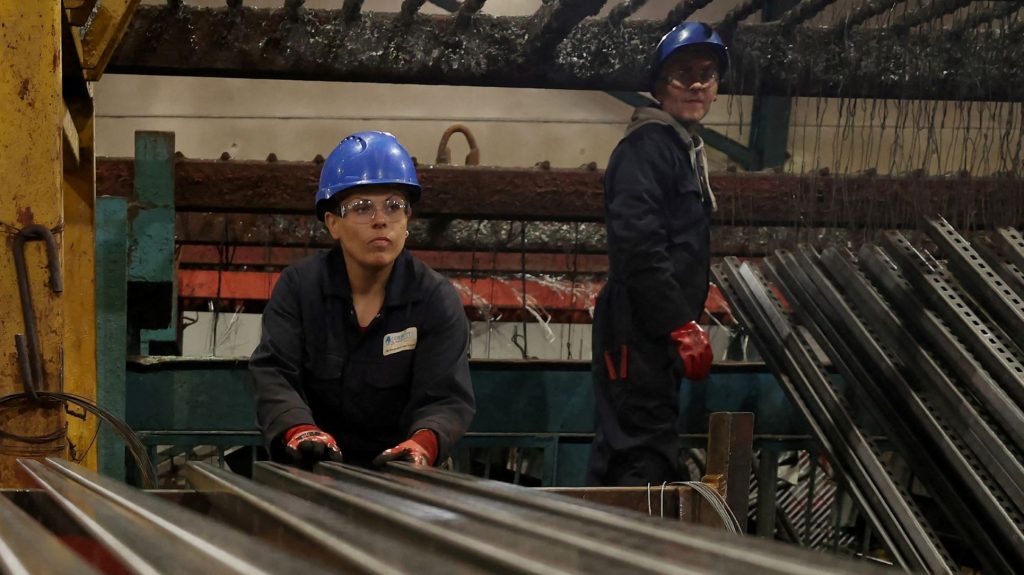
What happens when a weld fails? It might seem like a dramatic place to begin, but that single question highlights just how critical welding is in any operation. Whether it’s large-scale construction or precision manufacturing, a weld that doesn’t hold up can mean downtime, rework, lost revenue, or worse — safety risks. And while skill and technique play a huge role, one often overlooked factor can make or break your results: your supplier.
Choosing the right welding supplier isn’t just about getting consumables through the door. It’s about consistency, reliability, and partnership. So let’s get into why this decision matters more than most people realise.
Reliability Isn’t Optional
When you’re in the thick of a project, delays cost money. If your supplier can’t get what you need, when you need it, you’re stuck.
Missed deadlines. Idle workers. Frustrated clients.
And all because the person supplying your wire, rods or shielding gas wasn’t up to scratch.
A dependable welding supplier will have stock when you need it. They’ll understand the rhythms of your business — the peaks, the deadlines, the urgent last-minute orders. They’ll also be able to provide traceability, documentation, and support when required. This might sound basic, but it’s where many fall short.
Because here’s the thing: welding isn’t forgiving. If a critical item is out of stock, the job can’t continue. And that delay compounds quickly. So a supplier who can consistently deliver on time isn’t just useful, they’re vital.
Quality In, Quality Out
You can be the best welder in the world, but if your filler metal is inconsistent or contaminated, there’s only so much you can do.
The materials you work with directly affect the strength, appearance, and durability of your welds. Cheaper consumables might look appealing up front, but they often bring issues that only show up later — cracking, porosity, lack of fusion. By that point, it’s too late.
This is where a reputable supplier shines. They don’t deal in knock-offs or sub-standard stock. They vet their inventory. They offer materials that meet exacting standards, and they back up what they sell. You’re not just buying rods or wire; you’re buying the peace of mind that what you’re welding today won’t bite you down the track.
Technical Knowledge Should Be Part of the Package
Not all welding is straightforward. Complex alloys, different joint requirements, changing codes… sometimes, you need a second opinion. A supplier worth partnering with will offer more than just products. They’ll offer insight.
From helping you match the right filler metal to base material to flagging potential issues with procedure compliance, their advice can save you hours of trial and error.
In-house expertise might already exist in your team, but having a supplier who can back you up adds a second layer of security. It’s especially useful when you’re testing new materials or techniques. That technical support can help reduce defects, increase productivity, and keep your projects moving.
Pricing Isn’t Everything — But It Still Matters
Let’s be real. Cost will always play a part. Margins are tight. No one wants to overpay for consumables, especially when volumes are high. But cheaper doesn’t always mean better value.
Some suppliers undercut the competition by stocking lower-grade materials or cutting corners on service. That might work in the short term, but it usually ends up more expensive. Downtime, rework, and extra testing costs don’t show up on the invoice, but they show up on your bottom line.
The right supplier will strike the balance, i.e. competitive pricing without compromising on quality or service. They’ll also offer transparency, so you’re not hit with surprise charges or rushed freight fees when you least expect them.
Consistency Builds Trust
There’s a lot to be said for knowing exactly what you’re getting, every time. No unexpected substitutes. No dropped balls. No radio silence when something goes wrong.
Over time, this builds trust. Not the fluffy, feel-good kind, but the kind that makes your day easier. The kind that lets you sleep at night, knowing that part of your supply chain is rock solid.
A consistent supplier reduces the number of things you have to chase, double-check, or worry about. That frees you up to focus on quality, productivity, and getting the job done.
The Hidden Impact on Your Team
Here’s something that doesn’t get talked about enough. When your team is dealing with poor-quality supplies, inconsistent deliveries, or unclear communication, morale takes a hit. Frustration builds. Time is wasted.
Now flip that.
Imagine your crew knowing that when they place an order, it arrives on time, it’s what they asked for, and it works exactly as it should. That reliability creates smoother workflows, fewer interruptions, and a more professional environment overall.
It’s not just good for the bottom line — it’s good for the people doing the work.
What to Look for in a Welding Supplier
Not all suppliers are created equal. If you’re reassessing who you buy from or bringing someone new on board, here’s what’s worth checking:
These aren’t just nice-to-haves. They’re essential in keeping your operation running smoothly.
The Smart Choice is the One That Works Every Time
A great welding supplier supports your success. They help you avoid costly setbacks, stay compliant, and maintain consistent quality. Think of it this way. Every weld you make relies on something they’ve provided. If that link breaks, your whole operation feels it. That’s why it’s worth choosing a supplier who understands what’s at stake and treats your business like their own.